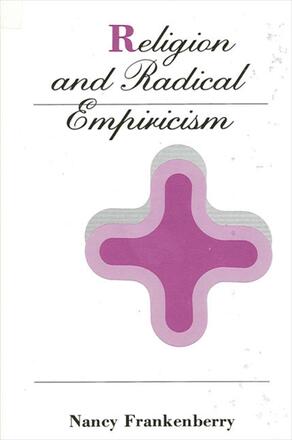
Religion and Radical Empiricism
Alternative formats available from:
Description
Rarely in modern times has religion been associated with empiricism except to its own peril. This book represents a comprehensive and systematic effort to retrieve and develop the tradition of American religious empiricism for religious inquiry.
Religion and Radical Empiricism offers a challenging account of how and why reflection on religious truth-claims must seek justification of those claims finally in terms of empirical criteria. Ranging through many of the major questions in philosophy of religion, the author weaves together a study of the varieties of empiricism in all its historical forms from Hume to Quine. She finds in James and Dewey; in Wieman, Meland, and Loomer of the Chicago School; in Whitehead; and in Abhidharma Buddhism constructive elements of a radically empirical approach to the controversial topic of religious experience. This work provides a strong counter-argument to critics of "revisionary theism," to caricatures of philosophy as "conversation," and to any collapse of the category of experience into its linguistic forms.
Nancy Frankenberry is Associate Professor of Religion at Dartmouth College.
Reviews
"Frankenberry offers for the first time a tough, sophisticated, and comprehensive discussion of the relation of radical empiricism to the history of philosophy."— William Dean